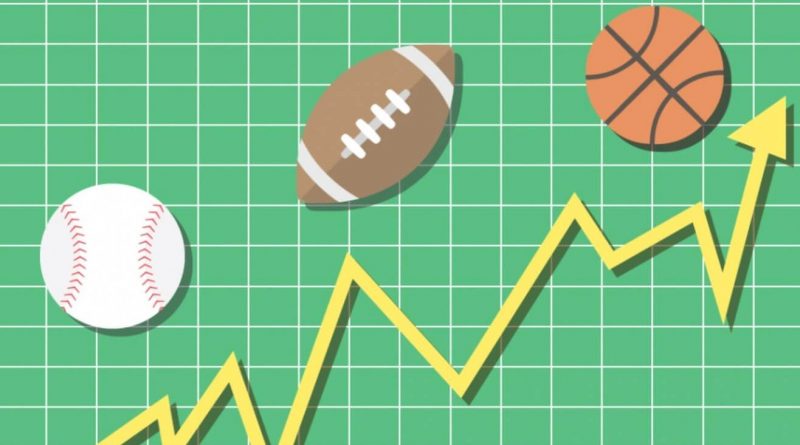
Mathematical sports prediction is a powerful tool that can help sports enthusiasts and bettors make informed decisions based on statistical analysis and algorithms. With the advent of machine learning and artificial intelligence, mathematical models have become even more accurate in predicting sports outcomes.
Mathematical sports prediction can be applied to any sport that has a statistically significant amount of data available. These models use various statistical techniques to analyze past performance, weather conditions, player injuries, and other factors that can affect the outcome of a game. By using these models, sports enthusiasts can make more accurate predictions on the outcome of a game, which can be beneficial for both betting and fantasy sports.
ELO RATING SYSTEM
One of the most common models used in sports prediction is the Elo rating system, which was developed by Arpad Elo to rate chess players. The Elo rating system has since been adapted for use in various sports, including basketball, football, and tennis. The Elo rating system calculates the relative strength of teams based on their past performance and adjusts the ratings after each game. This system takes into account the strength of the opponent and the margin of victory, making it a comprehensive model for sports prediction.

Another popular model for sports prediction is the Poisson distribution, which is used to predict the number of goals or points scored in a game. The Poisson distribution takes into account the average number of goals or points scored by a team and the likelihood of these events occurring in a game. This model is particularly useful for predicting the outcome of low-scoring games, such as soccer or hockey.
Machine learning algorithms are also being used for sports prediction, particularly in the field of fantasy sports. These algorithms use vast amounts of data to predict the performance of individual players and the likelihood of certain events occurring during a game. For example, machine learning algorithms can predict the number of yards a running back will gain or the number of touchdown passes a quarterback will throw. This can be particularly useful for daily fantasy sports, where players must choose a new lineup each day.
YET, THINGS TO KNOW
However, it is important to note that mathematical sports prediction is not foolproof and should be used in conjunction with other forms of analysis, such as expert opinion and current events. It is also important to remember that sports are unpredictable and there is always the possibility of upsets or unexpected events occurring during a game.
Despite these limitations, mathematical sports prediction can be a valuable tool for sports enthusiasts and bettors alike. By using statistical analysis and algorithms, it is possible to make more informed decisions and increase the chances of success in both betting and fantasy sports. As machine learning and artificial intelligence continue to advance, mathematical sports prediction will likely become even more accurate and widely used in the world of sports.








